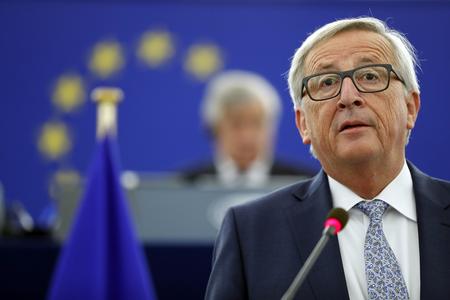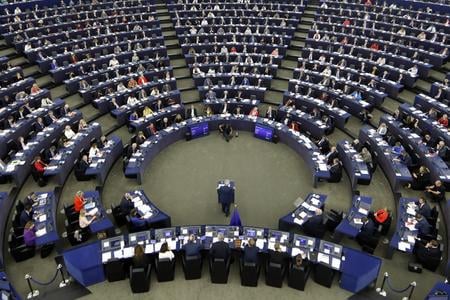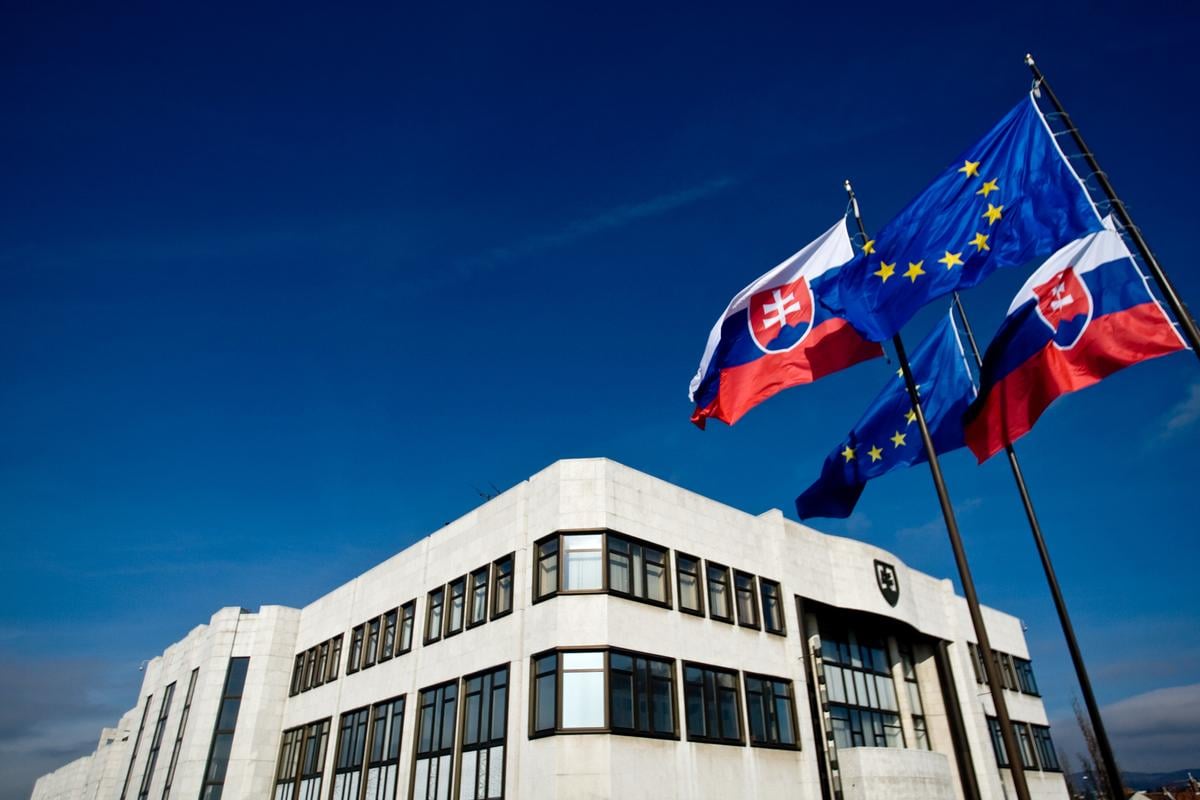Slovakia is celebrating its 15th anniversary of joining the European Union. The country became a member of the club on May 1, 2004, together with nine other countries, most of which were eastern European.
“The accession of the central and eastern European countries and the courage of their people in preparing for that accession is what allowed us to reconcile our continent's geography with its history,” said President of the European Commission (EC) Jean-Claude Juncker, as quoted in a press release.

Despite a thorny path to the European family, it is important to consider becoming a part of the EU an important cornerstone that has defined Slovakia's political orientation, political analyst Darina Malová of Comenius University in Bratislava told the SITA newswire.
A success story
“Today, we are members of the eurozone and the Schengen Area,” said political analyst Tomáš Dvorský of Pavol Jozef Šafárik University in Košice, as quoted by SITA.
Slovakia's membership in the EU also guarantees the principles of the rule of law and other democratic standards, he added.
“Joining the EU meant the fulfillment of fundamental national ambitions to integrate Slovakia into the family of the most developed European countries,” said Malová, as quoted by SITA, “which are anchored in the traditions of humanism, dignity, freedom and peaceful coexistence.”
EU membership allows Slovakia to plan its future. Furthermore, Slovakia has become a reliable partner of the EU, Malová said, as reported by SITA.

However, both analysts opine that the success story of the Union has been overshadowed by a number of crises and terrorist attacks, which populists use to their advantage. Therefore, the European Parliament elections in May are crucial, they said.
“These elections are a unique opportunity to influence the future of the EU,” said Dvorský, as quoted by SITA. “The power of a MEP seat is bigger than many may think.”



 Illustrative stock photo (source: SME)
Illustrative stock photo (source: SME)